/when-should-i-go-to-the-hospital-to-have-my-baby-2759045-3b060e480d96476480efd902aeffdf37.png) When Do I Go to the Hospital for Labor?
When Do I Go to the Hospital for Labor?When you should go to the hospital for work Rachel Gurevich, RN, is a registered nurse, fertility advocate, author and recipient of the Hope Prize for achievement, by Resolve: National Infertility Association. Very well / Brianna Gilmartin It may be difficult to decide when to go to the hospital for work, especially if you are not sure that you are at work. As you approach the end of your pregnancy, you will want to be able to tell the difference between false work and real work and identify the transition from early work to active work. The experience you will experience at home is early work and the beginning of active work. The initial stage is the longest stage, and that's when you start to experience contractions. Once you begin to notice signs that you are transferring to active work (your contractions are being strengthened and are more frequent, for example), it is time to go to the hospital. As a general rule, you know you are ready to go to the hospital when your contractions are 4 minutes apart, lasts 1 minute, at least 1 hour. After the water is broken, the time you will need for your work to progress on delivery may vary. But the risk of infection increases if it does not give birth within 24 hours. Once the water is broken, the amount of time you have to get to the hospital will depend on many factors, such as how long it will take you there, how fast your work is progressing, and the overall health of your pregnancy. If it's not your first pregnancy, things can move faster than they did the first time. Your previous work experience could offer some clues about what to expect, but don't let it be your only guide, you may not have as much time as you think. In addition to knowing when to go to the hospital with contractions and when to stay home, it is also a good idea to discuss signs or complications like your doctor or midwife. Here is an overview of the signs of work, differences between false work, real work and Braxton Hicks contractions, as well as symptoms to observe in the last weeks of your pregnancy. These guidelines, as well as the advice of your doctor or midwife, can help you feel more confident in deciding when to go to the hospital when you are having contractions. True vs. False Labour Like your proximity, trying to find out if what you're feeling is fake work or "the real" can be frustrating, confusing, and overwhelming. It helps to keep in mind that your body knows what you are doing, and will give you the information you need, you just have to pay attention and learn to interpret the signs. There are some questions you can ask when you're trying to determine if you're in real work. You'll know it's time to get ready to go to the hospital when your contractions are: What are the Braxton Hicks counteractions? If you are taking one and you start to feel contractions irregularly, but your water has not broken, you may be experiencing. As you approach delivery, your uterus prepares for work through contracts gently from time to time, without causing dilation of the cervix. When your uterus makes a "judgment path" for real work, you may feel a feeling of hardening or spacing in your abdomen. If you've never been pregnant before, it's easy to make mistakes in "practice contracts" for real. This is how to tell the difference between Braxton Hicks contractions and actual contractions (true work). Braxton Hicks Contracts: The contractions of true work can begin any day or night. Braxton The claw contractions are more common at the end of the day, especially after you have been physically busy or active (including sex, which can also trigger Braxton Hicks). What's rule 411? Your doctor or midwife may recommend using a particular to help you decide if it's time to go to the hospital. These methods vary in specific but usually follow the same principle: You take care of the frequency with which your contractions come, how long each lasts, and how long you have been following the defined pattern. According to the "411 Rule" (commonly recommended by midwives), you should go to the hospital when your contractions are arriving regularly 4 minutes away, each lasts at least 1 minute, and have been following this pattern for at least 1 hour. You can also hear about rule 511. The only difference between rules 511 and 411 is the first number, which means how many minutes apart from their contractions are. Depending on your health history, especially if you have given birth before, your provider may recommend that you follow the most conservative 511 rule. Moms share what work was really like for them when going to the hospital. As you approach your expected date, your doctor or midwife will give you guidance on when to call or go directly to the hospital. Depending on your medical history and how your pregnancy has been, you may have special rules to follow. In general, the objective is to go to the hospital when you have reached the active work stage (according to the early working hours at home). There are a few ways that you are heading for active work. While there are clues that your body will give you that your baby's birth is imminent, only a medical professional can confirm (usually with a vaginal exam) that your work has begun and at what stage it is. You're having contractions. When your contractions begin as mild and irregular cramps, but slowly progress to more painful and regular occurrences, it is a clue that the real job has begun. Unless your doctor or say otherwise, you can probably rest at home while you are at . Contractions start smooth and uncommon during this stage but are strengthened, are more frequent and regular, and approach as your work continues. If your contractions are so intense that you can't talk through them, sleep through them, or focus on anything else, they're more likely active labor contractions. The amount of time needed varies from person to person and pregnancy to pregnancy, but it may be useful to know that early work is the longest stage of work and, in particular for first-time mothers, can last more than 20 hours. The working hours may be different from one pregnancy to another, and it is not unusual for the second or third babies to come faster than the first babies. You will know that you have gone to work actively when your contractions are regular in their strength and frequency. Each contraction will be so strong or stronger than the last one, and they will arrive reliablely less than 5 minutes away. You may also feel a change in your mood and behavior as your focus turns in and you have to work through your contractions. If you have a high-risk pregnancy, your doctor or midwife may want you to go to the hospital as soon as you are in . If your pregnancy has been normal, you may not have to rush: your midwife and your doctor will give you guidelines based on your most recent (such as your baby's position and cervix). Early vs. Active Work Paying a lot of attention to your baby's movement during a contraction can also help differentiate between true and false work. Real work contractions move your baby into the cervix, into the birth canal. Your baby's head pushes against your cervix, which serves to slow down () and open it (dialate) to prepare for delivery. The "practice contractions" of false work is not. In real work, you might feel like your lower in your pelvis. This is known as "lighting", and it's like you know that your baby's head is in a position to be born. Your water breaks If at home, or anywhere else, that's why you don't have to go to the hospital. Call your doctor or midwife first. They can ask you to come to the office, the hospital or the birth center to confirm that the amniotic sack has broken, but you may most likely stay home for a while longer. However, there are some circumstances in which you will have to go to the hospital or birth center immediately to prevent infection or complications. For example, if you during prenatal testing or have download that is stained with brown (which might be — your baby's first poop), you will have to go straight to the hospital as soon as your water breaks. If your water breaks but you, your doctor or midwife can tell you it's okay to stay home for a while longer to see if your work progresses. This waiting period is sometimes called "expenditure management" and, in some cases, can last up to 24 hours. The contractions will usually begin between 12 and 24 hours after the amniotic sac has broken. If the membranes do not break and your work has stalled, your doctor or midwife may want you to come to the hospital or delivery clinic to be. The reverse may also occur: If you are having contractions and your work is trying to progress, but your water has not broken, your doctor or midwife may need to break the amniotic sac for you in the hospital or clinic. If you think your water has broken, but you can't reach your healthcare provider, it's okay to wander on the side of the precaution and go to the hospital or clinic. If you stay home for a while longer after your water breaks, the first thing you want to do after talking to your doctor or midwife is to clean and eat. You can start with a warm shower (not a bath) and change in fresh clothes. You can keep filtering a little liquid after your water has broken. Once you decide where you want to rest at home (the sofa, your bed, the floor), throw a towel to protect what's underneath. Disposable bed pads also work well and can be thrown into the trash (instead of making extra clothes). If your water broke in your bed or carpet, try to clean it as soon as possible to avoid stains. Amniotic fluid is much easier to remove from a surface or fabric before drying. Some soft detergent of the colada mixed with water will usually do the trick. If you have pets, the products made to clean after them also work well. You're bleeding. is common during pregnancy and can give you important clues about how close to the delivery you are. If your expiration date is close, you can notice a download that is pink or brown stained with a little blood (often called a "blood show"). This is a normal response as your cervix begins to decrease, widen and stretch open (facing and dilation), and it is a sign that you will go to work early. Once you've seen the "blood show," you'll probably start experiencing contractions soon. For some people, the work starts right after seeing the download. For others, it may take several days. If you are at the end of your pregnancy () and notice sudden changes in your download (e.g., it gets heavier) or are passing bright red blood, call your doctor or midwife. Around this time, typically before the bloody show, you can also notice a much larger piece of light pink mucus when cleaned or in the lining of your underwear. This is the , which keeps your cervix closed until your body begins to prepare for delivery. When it comes out, the mucous plug may look like a big glyb or dislodge in several long threads. It doesn't always slide into one piece, if it breaks down and comes out a little at a time, you may pass it without even realizing it. The mucous plug helps keep the bacteria out of the cervix and therefore protects your baby (and you) from the infection. Losing it too soon in your pregnancy puts you and your baby at risk. Certain things, like or having a vaginal exam in your doctor's office, may sometimes trigger the mucus plug to remove early. If you have less than 37 weeks and you think you've lost your mucus plug, call your doctor or midwife. If your pregnancy is not high risk and you are not showing signs of work, you may not be worried, but it is still important that you let them know. For some people, the thick socket, similar to the jelly is delodged in the last weeks of pregnancy, but it can also happen just when you are going to work. If it is considered term (37 weeks or more), losing the mucus plug is not a reason to go to the hospital, it is only a sign that your body is preparing for work. Your pregnancy is high-speed You may need to look for medical care before work if you have a . For example, if you are wearing twins or multiples of higher order, or have a health condition that makes your pregnancy higher risk, you will want to call your doctor or midwife in the first sign of contractions, even if you are not sure you are in childbirth. At the beginning of your pregnancy, your doctor or midwife should teach you how to recognize signs of complications, as well as make sure you understand what to do if you experience these symptoms. If you do not provide this information, ask! You have symptoms of Preeclampsia Preeclampsia is a serious condition of pregnancy where blood pressure gets too high (). Preeclampsia requires close medical treatment, as it can cause life-threatening complications during delivery and delivery. Although your blood pressure is a sign that your doctor or midwife can measure, you may not be able to say (or feel) when you rise. Another sign of preeclampsia is — again, something you might not be aware of, but that a health professional can prove. You may not have symptoms of preeclampsia. Even if you have symptoms, you might think they're just a normal part of the pregnancy. The following symptoms can be a sign of preeclampsia: If you have symptoms of preeclampsia, call your doctor or midwife immediately. If you can't contact them, call 911 or go to the emergency room. When do I call my doctor? If you're not sure whether or not you're going to work (or you think you can be there but you're worried it's too soon), call your doctor or midwife. If you are pregnant, always call your healthcare provider if: Preterm Signs If you experience these symptoms, look for medical care immediately. One of the main signs of premature work is contractions before reaching 37 weeks. Contractions can start as just a feeling of hardening but become painful and more frequent (more than five in an hour). Other early working signs that may occur before 37 weeks include: If you are having premature birth symptoms, call your healthcare provider immediately. If you cannot contact your doctor or midwife, go to the emergency room. Premature delivery can be risky for you and your baby. The sooner you identify yourself, the better. In some cases, or at least stagnated, they can help reduce the risks. Frequently asked questions If this is your first pregnancy or has given birth several times, it is normal to have questions about childbirth and childbirth. Each birth experience will be unique, but there are some questions that are common during this special time. Can I take a shower and eat something while I wait to go to the hospital? Unless your doctor or midwife advises you against it, taking a hot shower, taking a snack or a light meal, and making sure your hospital bag is full are all the good uses of your time while you are working at home. When (and how) should my contractions be chromonated? You can start synchronizing your contractions (or what you think might be contractions) as soon as you feel them. In fact, the timing of the contractions you're feeling is a way to distinguish between false work and the real thing. There are different methods of time contractions, but the basic objective is to keep track of the pattern. Paying attention to how the pattern changes (for example, having more contractions that last longer and are getting closer) can tell you a lot about how your work is progressing. Your partner, friend, or family member can help you in time your contractions, or even time. Can I prevent premature childbirth? Some are out of control, such as genetic risk factors, high-risk pregnancy and physical problems with your uterus or cervix. However, doing everything you can to have a healthy pregnancy can help reduce the risk of premature delivery. If you are going to work before time, caring for yourself during your pregnancy also supports you and your baby's health. You can promote a healthy pregnancy by quitting, avoiding alcohol, eating well, sleeping long enough, taking measures to prevent infections, and going regularly to your scheduled prenatal appointments. Can I reduce my risk of developing preeclampsia? As with premature work, there are risk factors for preeclampsia that cannot change or prevent (such as a family history of the condition or pre-existing problems with blood pressure). If you know that you are at risk for preeclampsia, your doctor or midwife will help you take steps during your pregnancy, childbirth and childbirth to reduce the risks to you and your baby if the condition develops. For example, you may need to have more frequent prenatal visits to monitor blood pressure and urine. Or maybe. I think I might be in labor, but I can't contact my doctor or midwife. Should I go to the hospital? If you are having symptoms that concern you, it is better to go check, get security, and with fake work to wait and risk complications if something is not right. What if I wait too long to go to the hospital or my job goes faster than I expected? If you are still home or are on your way to the hospital and your baby's birth is imminent, call 911. If necessary, first instance and emergency staff are trained to deliver babies outside the hospital. If you are with a partner, friend or family member, you can help. If you're alone, keep calm and follow the instructions given to you by the sender. Get diet and wellness tips to help your children stay healthy and happy. Thank you, for signing. There was a mistake. Please try again. Kaiser Permanente. Updated January 3, 2019. Raines DA, Cooper DB. In: StatPearls [Internet]. StatPearls Publishing; updated November 11, 2019. Lothian JA, McGrath K. Lamaze International. Murkoff H, Mazel S. . 5th ed. Workman Publishing Company; 2016. American College of Obstetricians and Gynecologists. . Updated May 2011. Carbillon L, Benbara A, Boujenah J. . N Engl J Med. 2018;379(23):2278. doi:10.1056/NEJMc1812323Moldenhaur J. . Manuals of Merck Consumer version. Updated January 2020. Becher N, Adams Waldorf K, Hein M, Uldbjerg N. . Acta Obstet Gynecol Scand. 2009;88(5):502–513. doi:10.1080/00016340902852898 Hansen LK, Becher N, Bastholm S, Glavind J, Ramsing M, Chong K, et al. Acta Obstet Gynecol Scand. 2014;93(1):102–108. doi:10.1111/aogs.12296 Macones G. . 2nd ed. Wiley Blackwell; 2016.Preeclampsia Foundation. Updated on January 17, 2020. Cohen W, Friedman E. . Wiley Blackwell; 2011. Thank you, for signing. There was a mistake. Please try again.
How do I know when to go to the hospital if I'm in labor? ANSWER Active work (the time you must enter the hospital) is usually characterized by strong contractions that last 45 to 60 seconds and occur three to four separate minutes. Reviewed for on August 17, 2020SOURCE: American Pregnancy Association. SOURCE: American Pregnancy Association. From: QUESTION OF THE UNITED STATES: What can I do to relieve early labor pains? It was a hospital. "ALEXA, ASK WEBMD"More answers The health and care of babies do not favor medical addiction. It is intended for general information purposes only and does not address individual circumstances. It is not a substitute for professional medical advice, diagnosis or treatment and should not be based on making decisions about your health. Never ignore the professional medical advice in the search for treatment due to something you have read on the WebMD site. If you think you may have a medical emergency, call your doctor immediately or call 911. This tool does not provide medical advice. Other responses on: Health Solutions More from WebMDPoliciesAboutWeb MD NetworkOur advertiser applications© 2005 - 2019 WebMD LLC. All rights reserved. DMA does not provide medical advice, diagnosis or treatment.
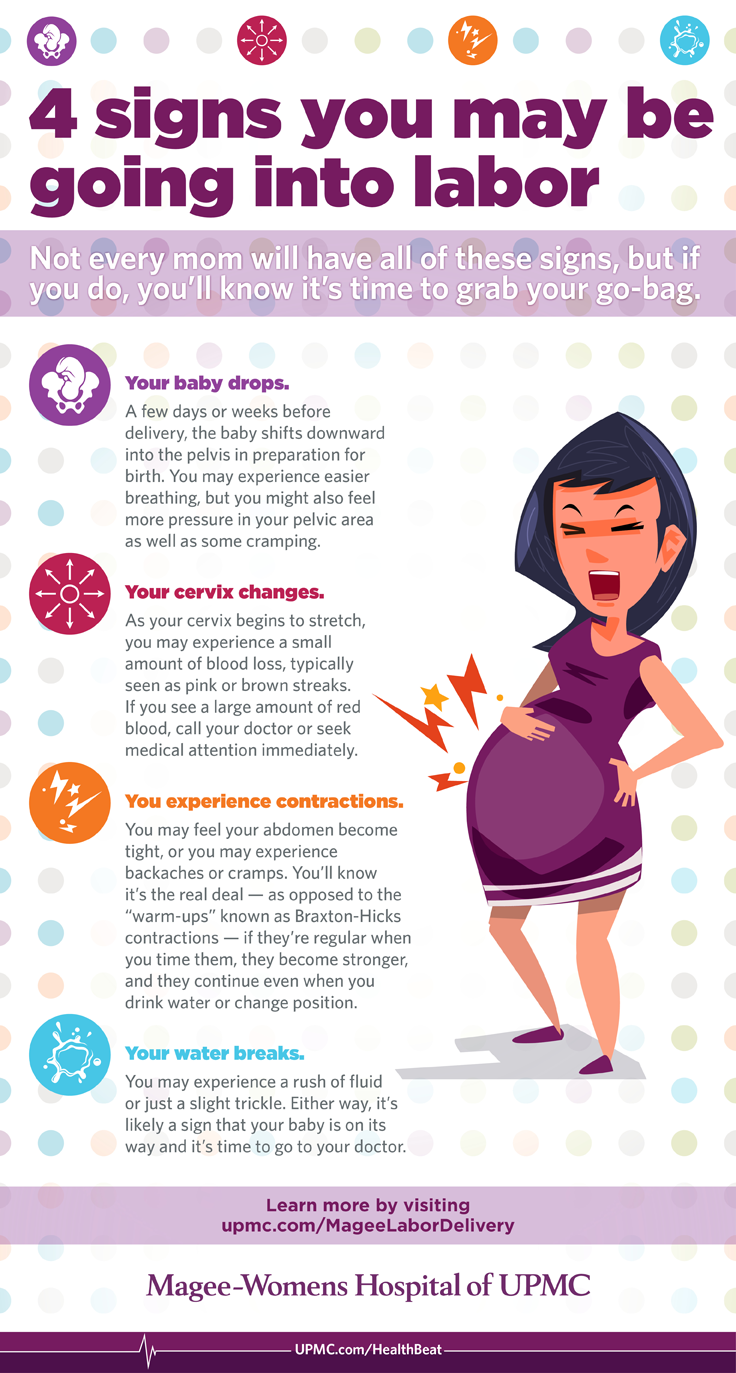
4 Signs You May Be Going into Labor | UPMC HealthBeat
When to Go to the Hospital for Labor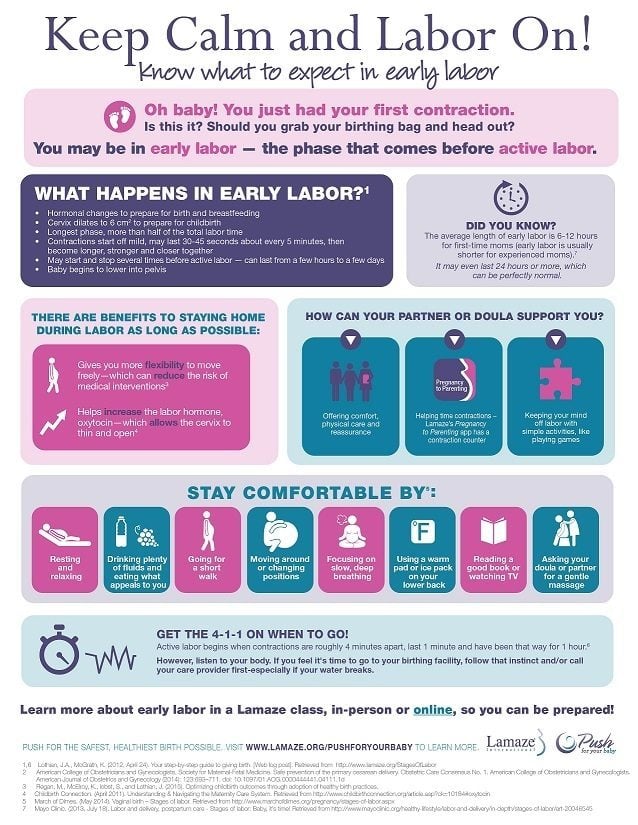
The Best Things To Do In Early Labor | Baby Chick
How to Know When to Go to the Hospital for Labor
What to take to hospital - checklist | Pregnancy Birth and Baby
WHEN TO GO TO THE HOSPITAL IN LABOR — Nichole Joy/how-to-time-contractions-2752965_v1-37cf2fed03c045d8b4652d27b9eeeff7.png)
How to Time Your Contractions During Labor
Signs of Labor: When to Go to the Hospital for your Labor & Birth and How to Avoid Going Too Soon - YouTube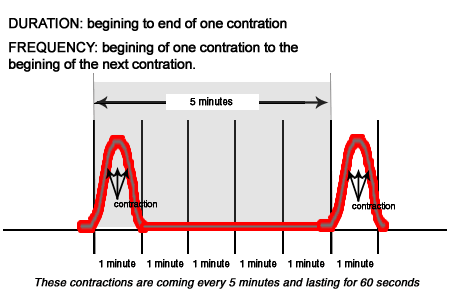
When to Go to the Hospital in Labor | Baby Chick:max_bytes(150000):strip_icc()/what-happens-if-your-water-breaks-and-no-contractions-2758994-c4e6fdf1578249dd8fa88fb468695d9d.png)
When Your Water Breaks Without Contractions
Pin on Little Mama
when to go to the hospital?? could this be the beginning of labor ? - April 2019 Babies | Forums | What to Expect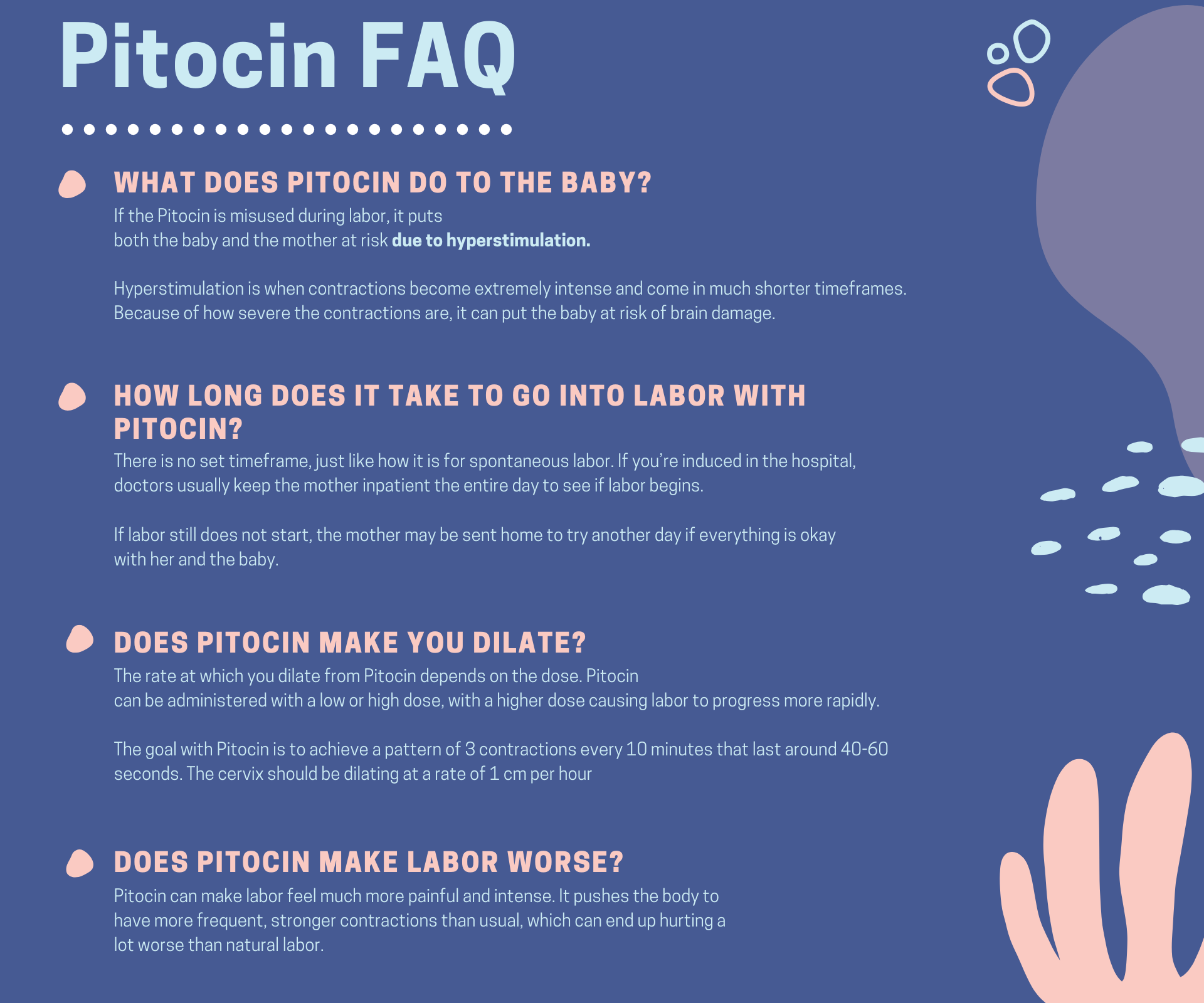
Pitocin Induction for Labor | Side Effects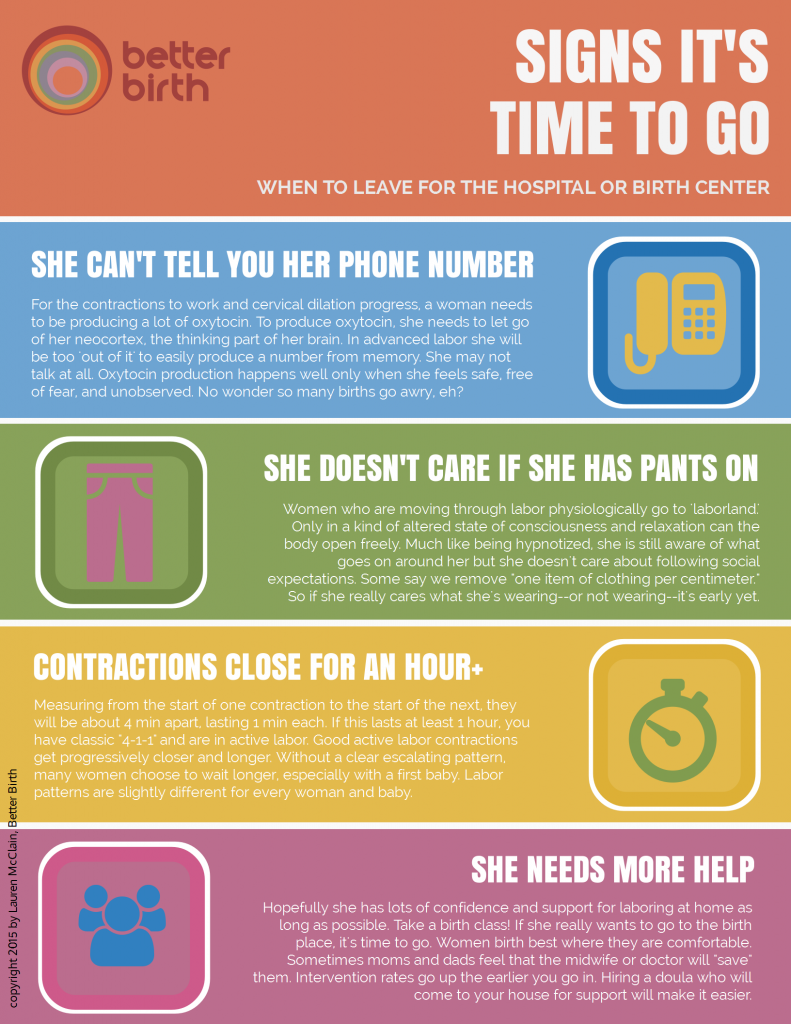
Lifetime Membership - Better Birth Blog
What Happens When You Arrive at the Hospital in Labor
When to go to the hospital? With a normal pregnancy, to have the fewest interventions, go to the hospital after you are showing a good collection of Active. - ppt download
When you should go to the hospital for labor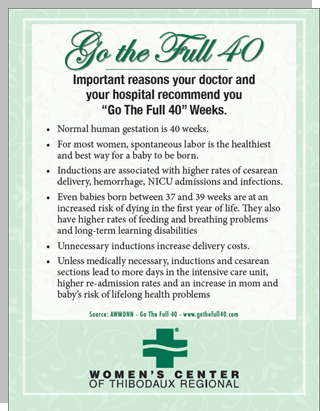
Go The Full 40 - Labor and Delivery (New Page) | Lafourche County Hosptial
When to Go to the Hospital in Labor | The Birth Nurse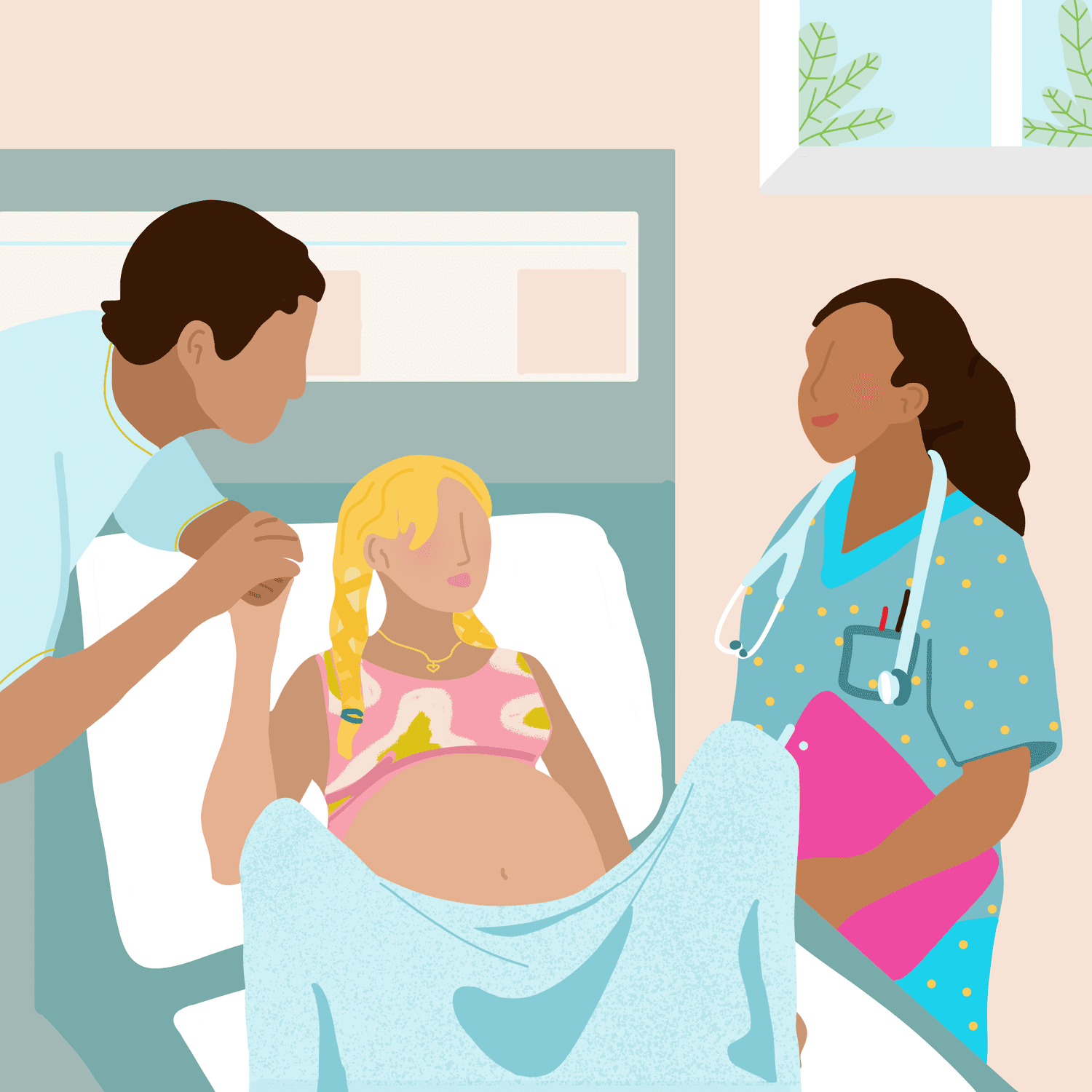
Stages of Labor and Delivery: What to Expect When You Give Birth | Parents
FOR SURE signs labor is 24-48 hours away- get ready!! |
Labor Contractions
Pin on Baby Chick Articles
Part 2 - ACTIVE LABOR and When to GO to the HOSPITAL | Birth Doula - YouTube
Winchester - Obstetrics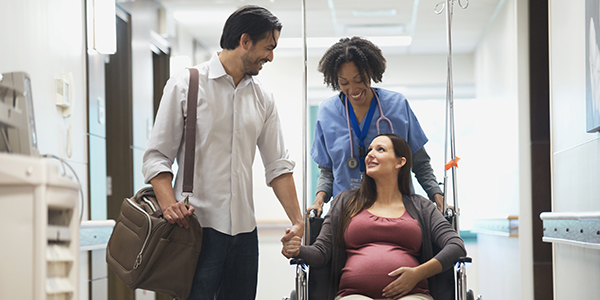
When to go to the Hospital | Sutter Health/stages-of-labor-2752957-5fdbf44702a64e90828417a9a71444f7.png)
The 4 Stages of Labor
When to Go to the Hospital for Labor | Mother Rising
FOR SURE signs labor is 24-48 hours away- get ready!! |
Hospital Bag Checklist: What to Pack in Your Hospital Bag
Hospital Bag Checklist: What to Pack in a Hospital Bag | Parents
Back Labor Pain: Symptoms, Relief, When to Go to Hospital
Hospital Bag Checklist: What to pack for labor and delivery | BabyCenter
Timing Labor Contractions: How To Know For Sure That It's Time To Go To The Hospital | Contractions labor, Labor nurse gift ideas, Labor photos
Signs of Labor - Arabic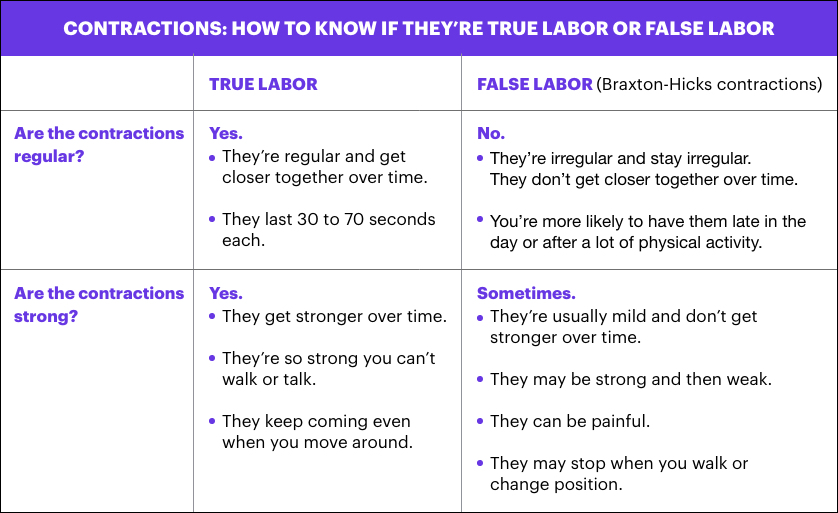
Contractions and signs of labor
WHEN TO GO TO THE HOSPITAL IN LABOR — Nichole Joy
Theres More Than One Reason to Visit Labor and Delivery
When you get to the hospital | BabyCenter
Complete hospital bag must-haves when you go for labor induction - Thousands of Miles Away
/when-should-i-go-to-the-hospital-to-have-my-baby-2759045-3b060e480d96476480efd902aeffdf37.png) When Do I Go to the Hospital for Labor?
When Do I Go to the Hospital for Labor?



/how-to-time-contractions-2752965_v1-37cf2fed03c045d8b4652d27b9eeeff7.png)


:max_bytes(150000):strip_icc()/what-happens-if-your-water-breaks-and-no-contractions-2758994-c4e6fdf1578249dd8fa88fb468695d9d.png)















/stages-of-labor-2752957-5fdbf44702a64e90828417a9a71444f7.png)










Posting Komentar untuk "when to go to hospital for labor"